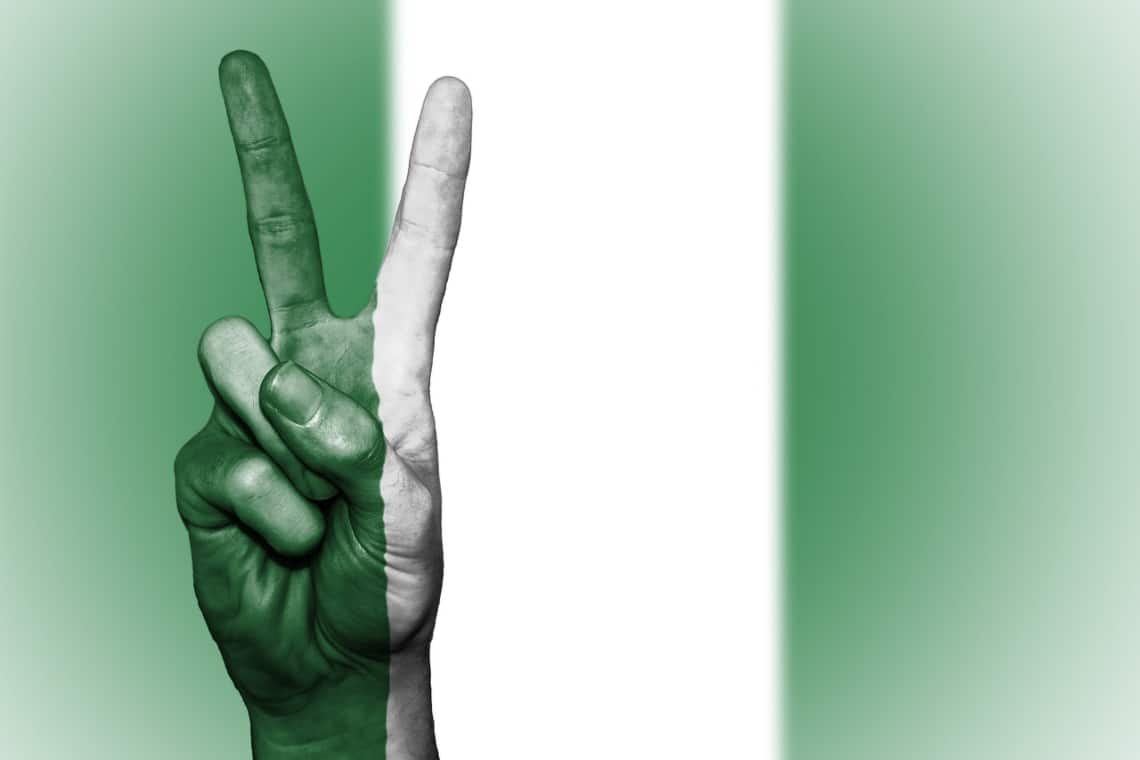Nigeria has effectively banned the buying and selling of crypto for some time now.
But apparently it has been revising its attitude toward crypto markets quite a bit lately.
In fact, the people in Nigeria actually like cryptocurrencies a lot, but the state would prefer that they use their CBDC, eNaira.
However, Nigerian citizens apparently continue to prefer cryptocurrencies to the Nigerian CBDC, and so the state seems to want to partially backtrack.
Summary
The change of direction on crypto from the Nigeria
As Bloomberg reports, the Nigerian SEC appears to want to allow the buying and selling of tokens collateralized with traditional assets, but still not cryptocurrencies.
The idea is to allow tokenized assets, including real estate, stocks and bonds, to be offered on special blockchain platforms, with the creation of an authorized liquidity pool.
In reality, if the goal is to protect investors, this move does not seem particularly effective.
Generally speaking, especially from a technical point of view, Bitcoin is much safer than a collateralized token, so much so that there are already many collateralized tokens that have lost their peg with the collateral.
Moreover, if tokens were to be issued on, for example, the Ethereum network, one would necessarily have to allow at least the buying and selling of ETH, since transacting ERC-20 tokens on Ethereum necessarily requires paying fees in ETH.
If, on the other hand, the idea was to issue tokens not on Ethereum, or on the other major decentralized blockchains, but perhaps on a centralized “blockchain,” the risk would be even worse.
For that matter, the very idea of allowing the trading of tokens but not trading of cryptocurrencies seems rather scripted, so much so that one would imagine that there might even be a risk of opaque and honest issuance of these tokens.
The failure of eNaira
A good example of what could happen unfortunately is that of Nigeria’s state CBDC, eNaira.
The project was unveiled and publicly launched in January 2022, but in almost a year and a half it has still never really taken off.
Indeed, although the actual launch officially took place more than a year ago, in February they were still looking for new technical partners to relaunch the project.
Apparently, the partner they are in contact with is R3, which could also enable the issuance of tokens on a permissioned blockchain.
However, the very fact that the first version launched in 2022 is already considered obsolete, as it is not without problems, to the point that they already have to redo a new version, perhaps completely different from a technical point of view, casts a rather dark light on the real capabilities of Nigerian institutions to manage similar projects well.
At this point, one wonders why they persist in not wanting to let citizens be able to buy and use e.g. Bitcoin or Ethereum, and especially why they want to issue tokens that are in theory collateralized.
The doubt arises whether the issuance of both eNaira and collateralized tokens is basically a way to make cash.
Nigeria’s financial problems
That something is wrong with Nigeria’s financial management can be seen, for example, in the Naira’s inflation rates, which rose above 20% a year ago, and today are still above 22%.
The Naira itself is devaluing greatly against the dollar, as its exchange rate has fallen from 3.3 thousandths of a dollar in 2019 to 2.2 today, a loss of a third of its value in just over four years.
In February this year, at about the same time as the attempted revival of the eNaira project, the Nigerian government decided to suddenly send the old banknotes out of circulation, trying to force citizens to exchange them for eNaira tokens.
However, the problem was that banks did not have enough tokens, and so many citizens were simply left without cash.
The Supreme Court of Nigeria had to intervene to suspend the maturity of the bills, due to the fact that banks were unable to dispense sufficient amounts of eNaira.
Nigeria: the confusion with crypto
As is well understood from these events, perhaps the local government is confused about the management of the national currency, and about the appropriate attitude to take toward the new digital currencies.
And at this point it is also easy to understand why Nigerian citizens are becoming more and more interested in real cryptocurrencies instead, not least because there are over two hundred million of them.
It does not appear at all that what the Nigerian government is doing is protecting its citizens and their finances.
On the contrary, it seems that it is even harming them, and at this point one wonders whether the idea of banning the buying and selling of cryptocurrencies is not precisely to prevent citizens from independently finding an alternative to their state-issued money.




